How to Suffer Well: Timeless Knowledge on Dealing with Hardship and Becoming Anguish-Proof by Peter Hollins is a straightforward, no-fluff guide to building emotional and mental resilience in the face of pain, loss, discomfort, and general life adversity. Hollins takes a grounded approachโrecognizing that suffering is a universal and unavoidable part of lifeโand provides readers with the mental tools and philosophical perspectives to not only endure hardship but grow from it.
๐ The Central Message
Hollins argues that suffering is neither optional nor always bad. What matters most is how we respond to suffering. Instead of asking โHow do I avoid pain?โ, we should ask โHow can I withstand and grow from it?โ
To โsuffer wellโ means to endure pain or struggle in a way that doesnโt diminish your character, well-being, or self-worthโto become anguish-proof through strength of mind, clarity, and practice.
๐ง Core Concepts and Principles
- Suffering is Inevitable, But Misery is Optional
- Pain is part of lifeโrejection, illness, failure, lossโbut the meaning we attach to suffering often determines whether it becomes destructive. The book teaches you to separate whatโs happening to you from how you interpret it.
- Discomfort is Training
- Hollins promotes the idea of "discomfort training"โdeliberately embracing small challenges to condition the mind. This can be as simple as waking up early, skipping small pleasures, or holding back emotional reactions. These habits build resilience for bigger life hardships.
- Mental Toughness is Like a Muscle
- Strengthening your mental endurance happens with effort over time. Just as physical muscles grow through stress, your emotional resilience grows by facing and overcoming difficulty.
- Detach From Expectations
- Much of suffering comes not from what happens, but from what we expected to happen. Hollins urges readers to release rigid expectations about life, others, and themselves. Letting go leads to peace.
- Respond, Donโt React
- Emotional reactivity worsens suffering. Instead, cultivating awareness and deliberate responseโespecially in painful or triggering momentsโcan completely transform how you process challenges.
- Suffering Creates Depth
- Challenges often lead to growth, character development, and even purpose. Rather than viewing suffering as a curse, Hollins reframes it as a forgeโa place where we are shaped into stronger, wiser people.
๐ง Practical Tools and Exercises
- Mental Contrast: Compare your current hardship to something worse or imagine losing what you have. This shift in perspective enhances gratitude and clarity.
- Stoic Reflection: Ask yourself, โWhat would a wise, unshakeable person do right now?โ This cultivates a calm mindset under pressure.
- Controlled Exposure: Do small things that make you uncomfortableโpublic speaking, cold showers, exercising when you donโt feel like it. This builds tolerance for bigger discomforts.
- Emotion Naming: When you suffer, name the feeling (anger, fear, sadness, regret) instead of being consumed by it. This gives you power over your emotions.
- Personal Suffering Philosophy: Develop your own view of sufferingโwhat it means, what it teaches, and how you want to face it. This gives suffering a sense of purpose.
๐ฌ Key Quotes from the Book (Paraphrased)
- โPain sharpens. Suffering stretches. What weakens you is not the pain, but how you flee from it.โ
- โThe calm person is not emotionless. They are simply better at translating pain into meaning.โ
- โYou become strong not by avoiding hardship, but by greeting it with open hands.โ
๐งญ Philosophical Influence
The book is heavily influenced by Stoicism, Buddhist acceptance, and modern psychological resilience training. Hollins references these schools of thought not as rigid doctrines, but as helpful frameworks to think clearly and behave wisely when times are tough.
๐ Final Thoughts
How to Suffer Well is a manual for becoming mentally and emotionally toughโnot by becoming cold or numb, but by developing inner peace, awareness, and self-mastery. Peter Hollins delivers a blend of practical advice and philosophical insight, making it ideal for anyone facing a tough season of life or simply wanting to build unshakable inner strength.



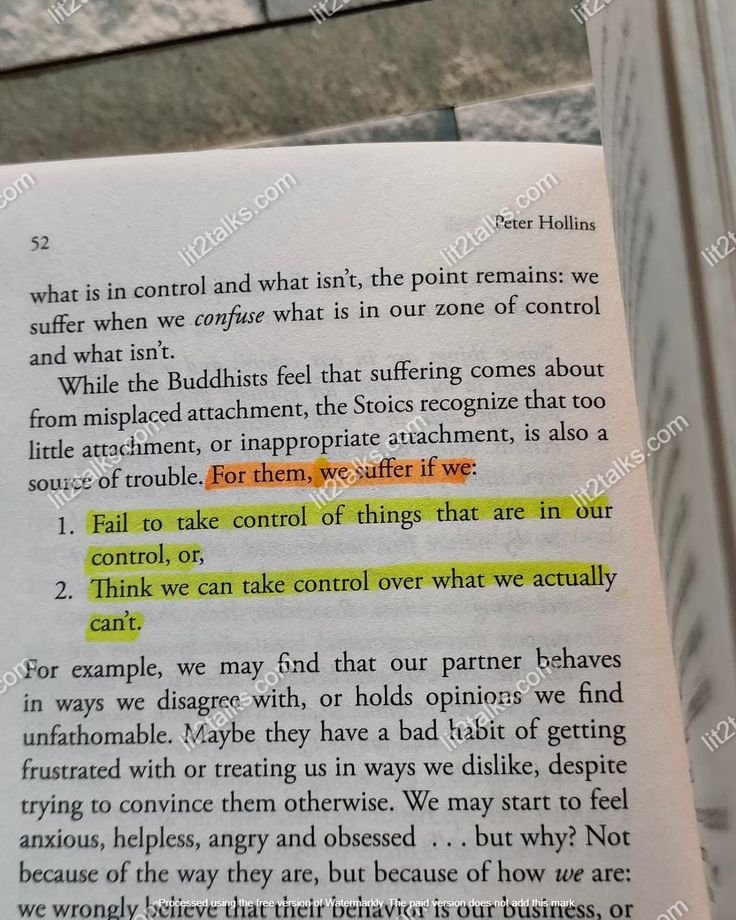
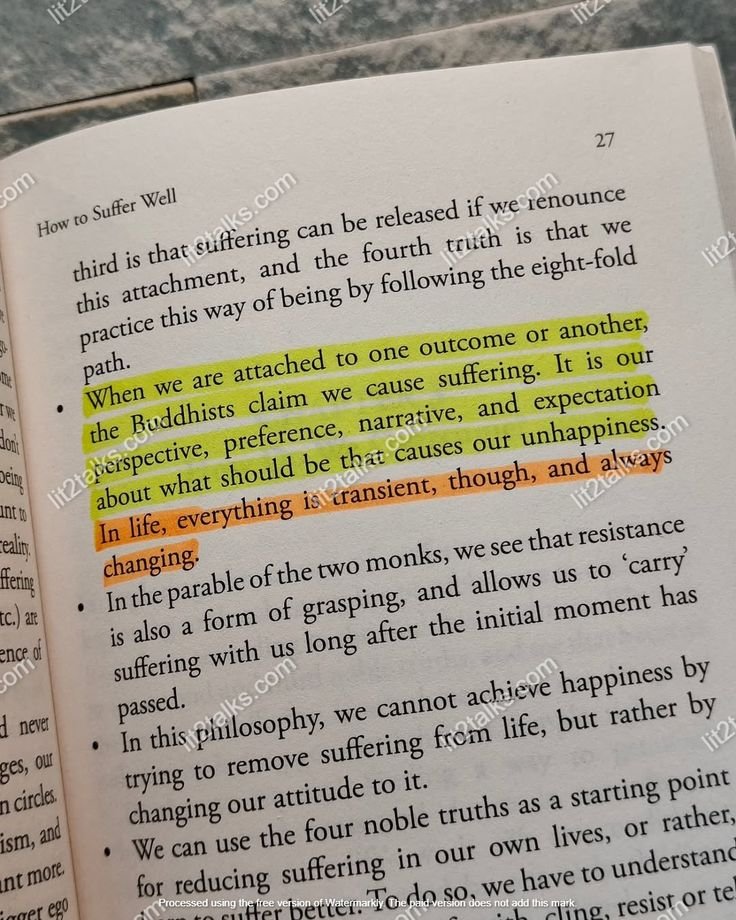
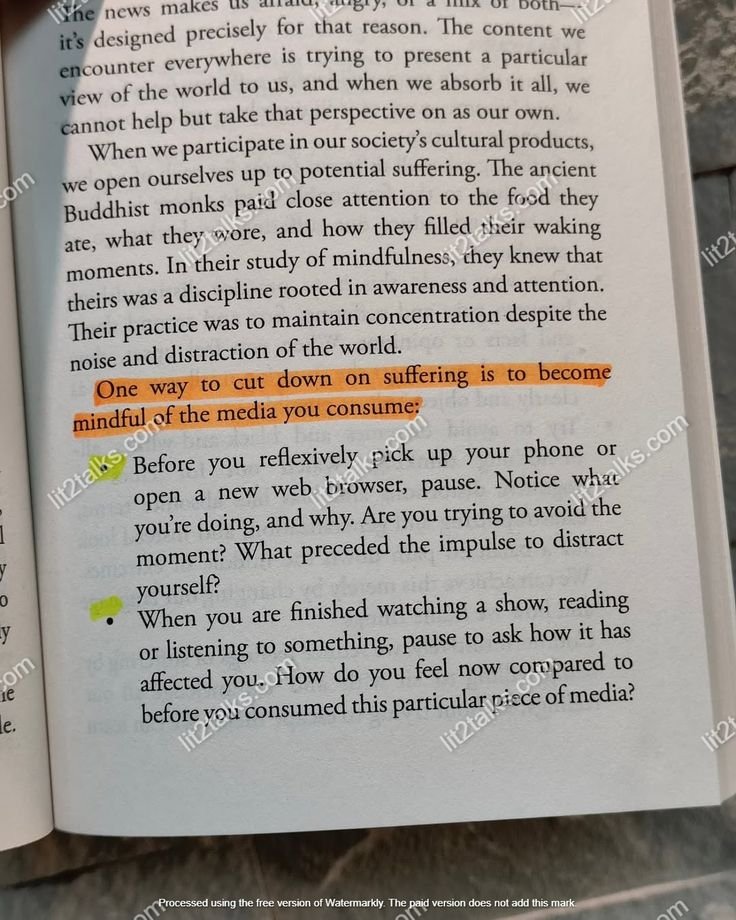
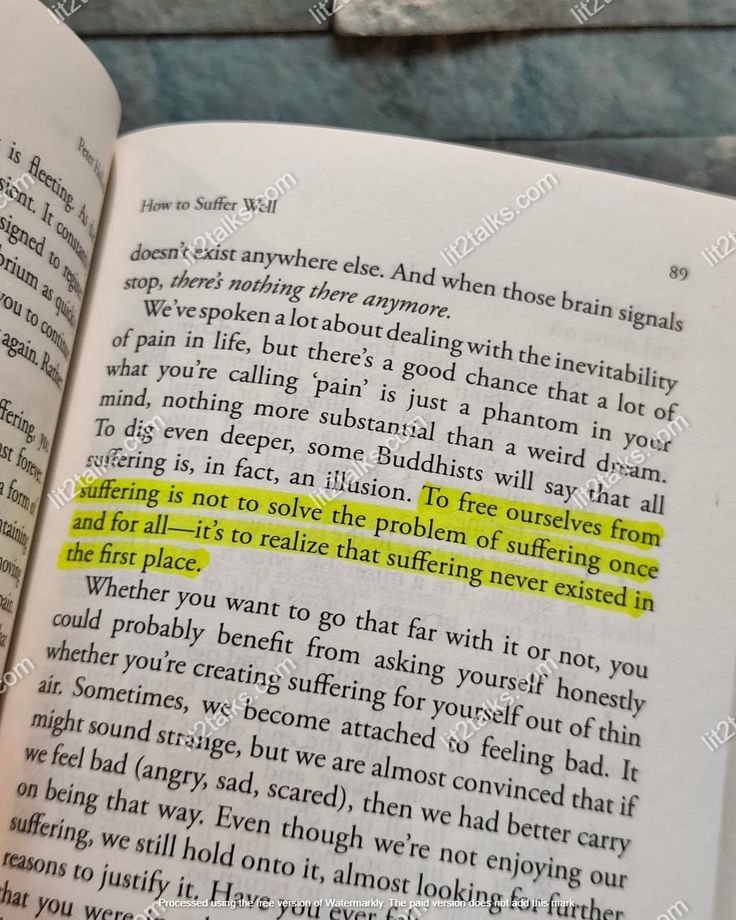
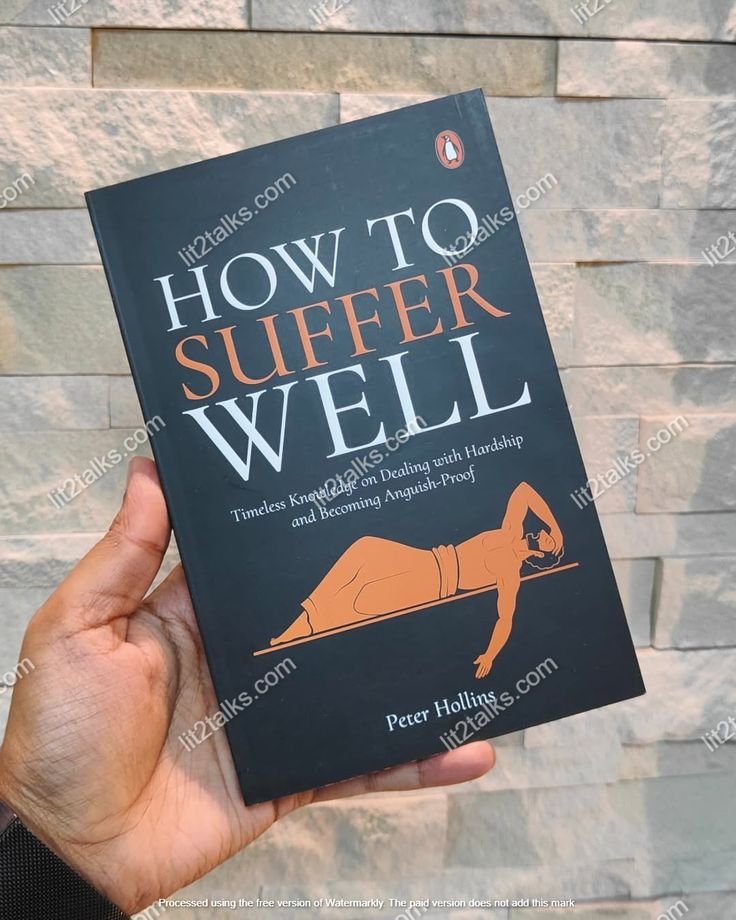





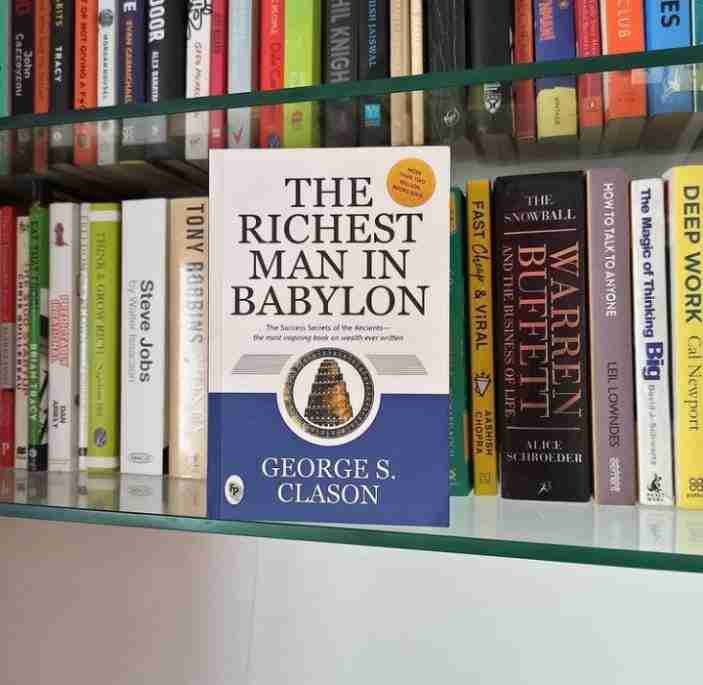

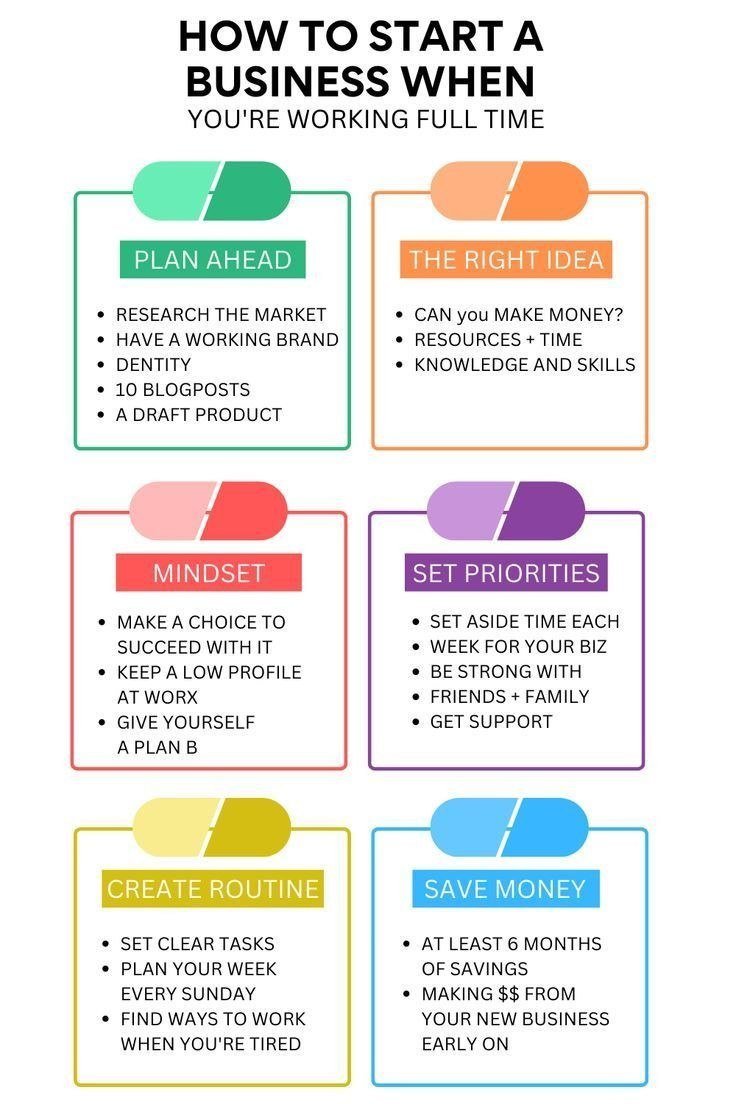
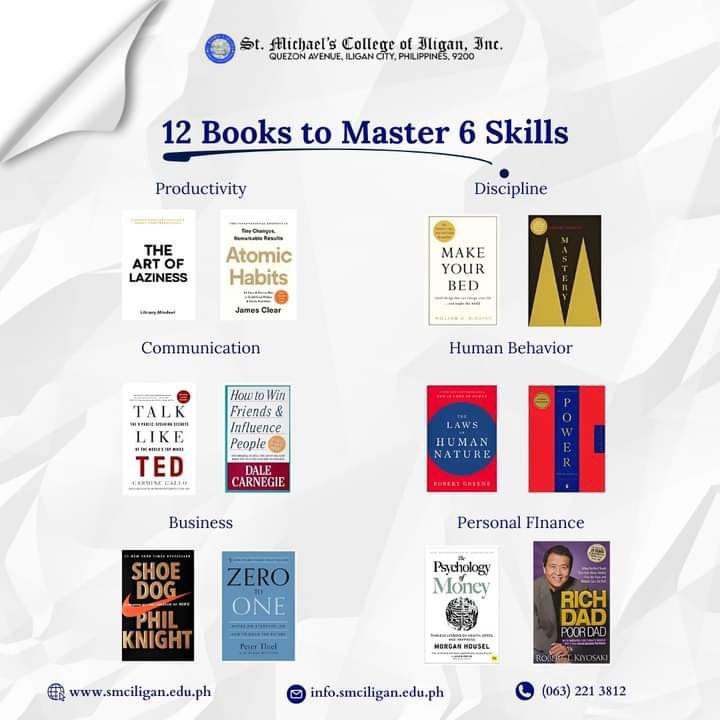



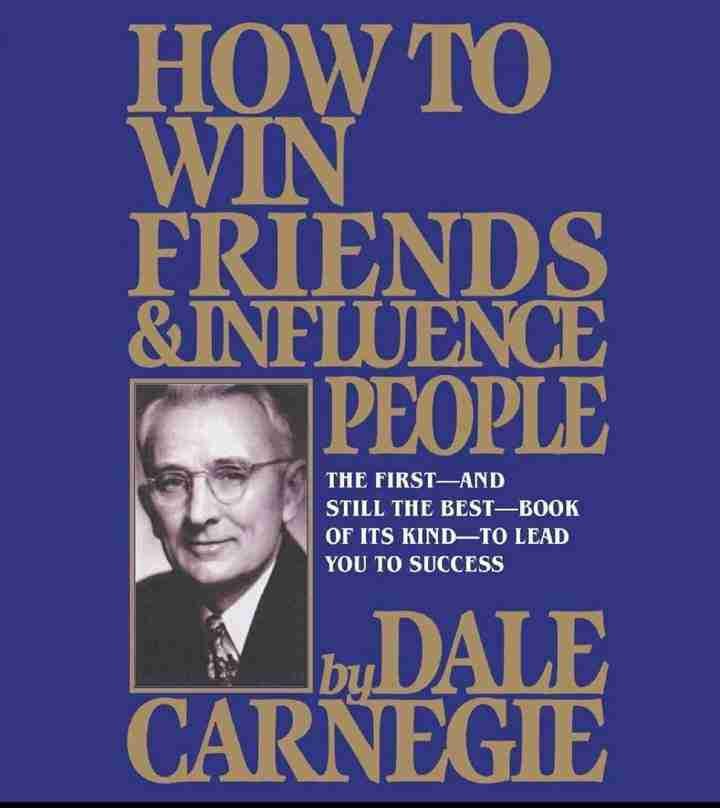

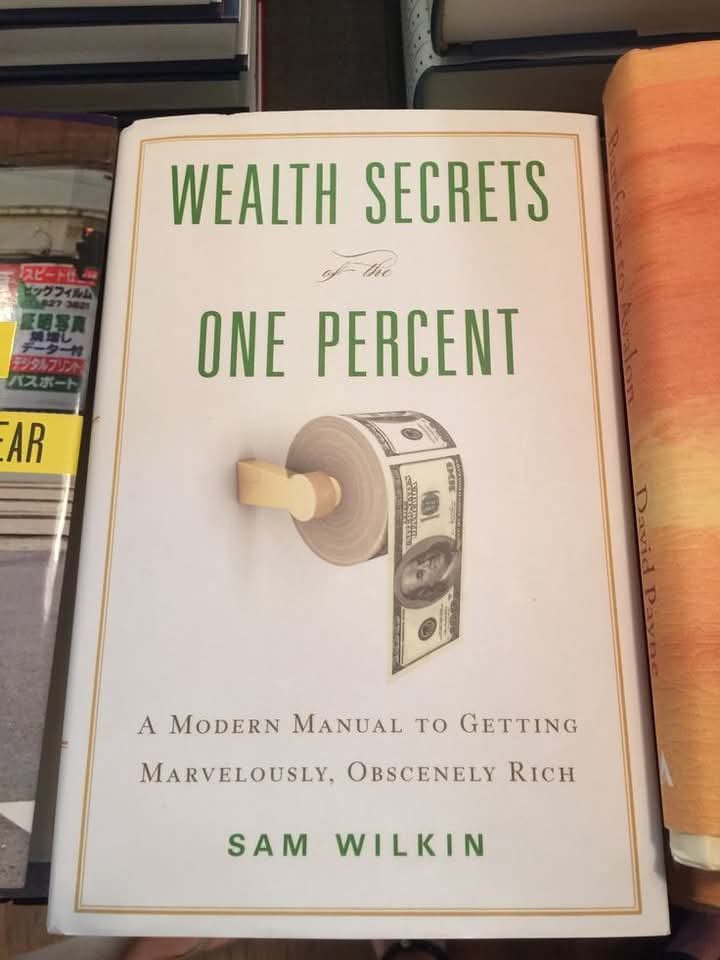


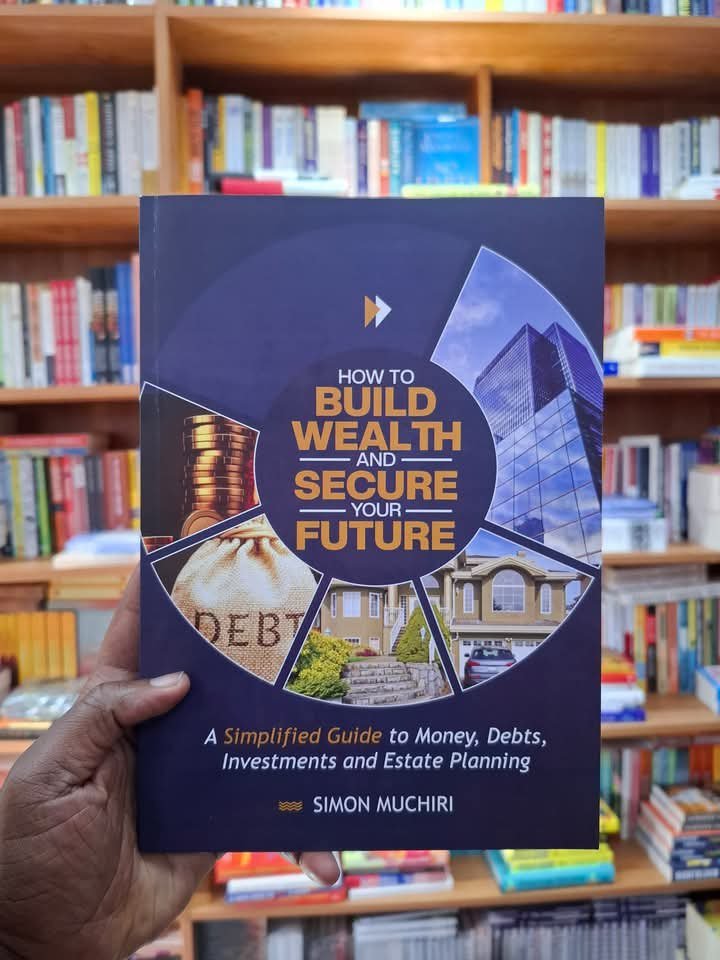
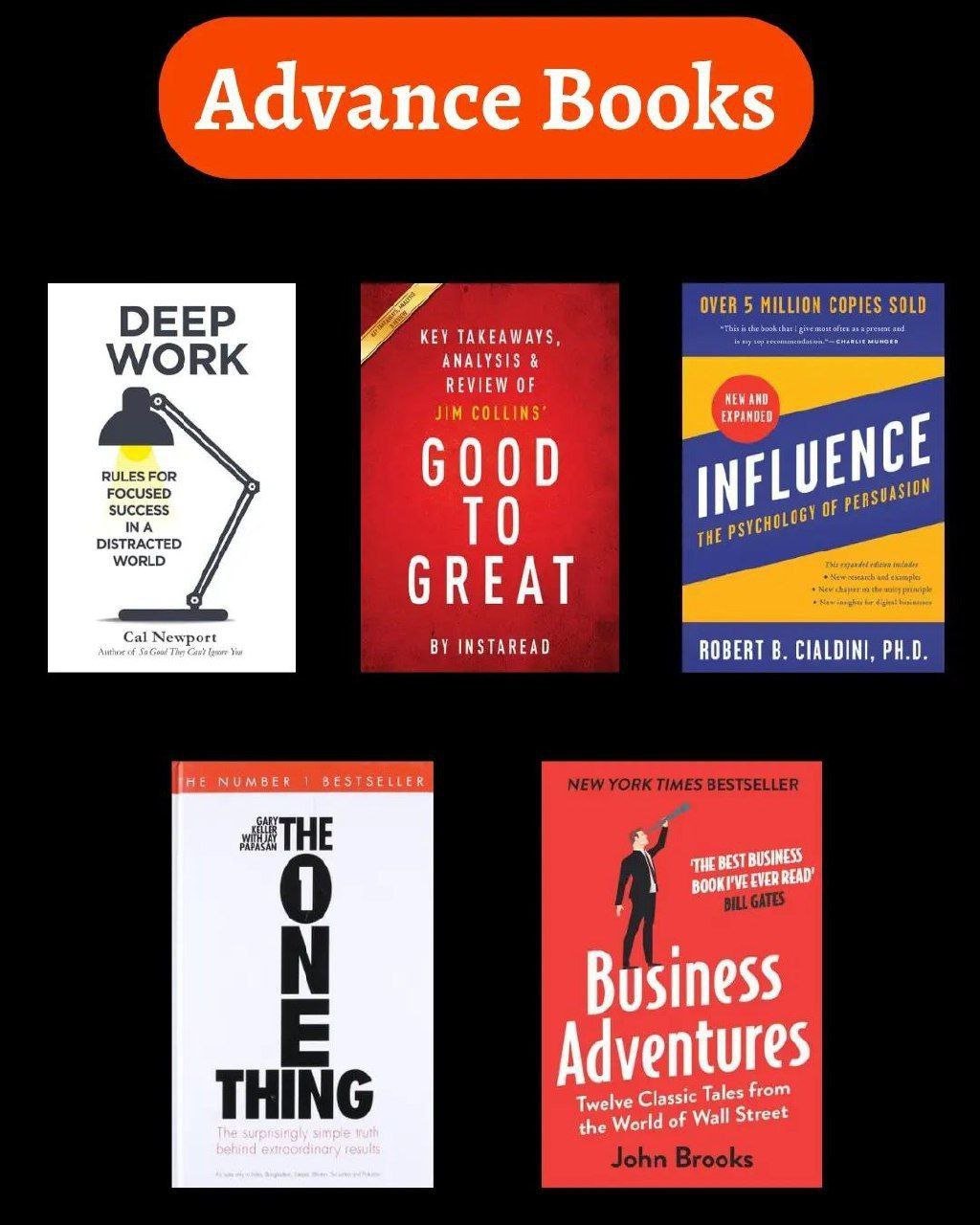
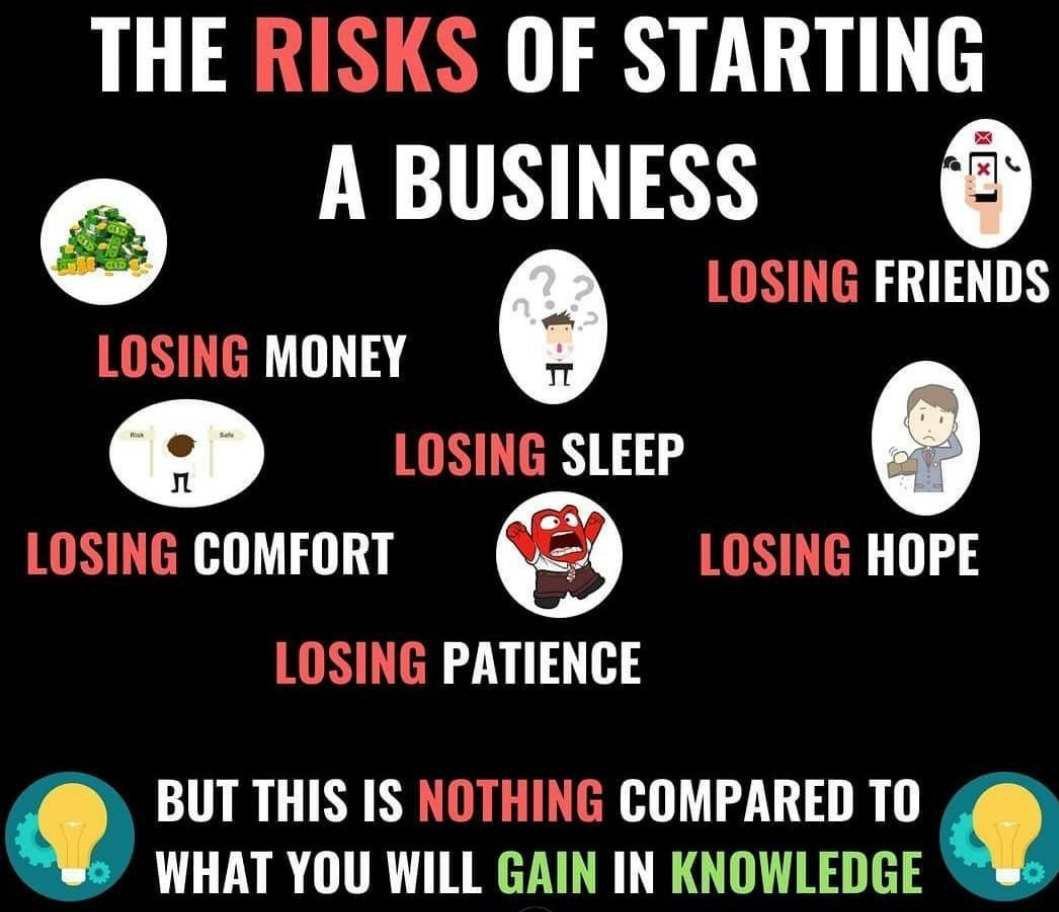






.jpg)


.jpeg)

.jpg)

.jpeg)
.jpg)






.jpg)




.jpg)


.jpg)
.jpeg)




.jpeg)




.jpg)







.jpeg)









.png)

.jpg)












